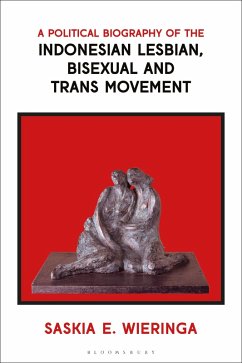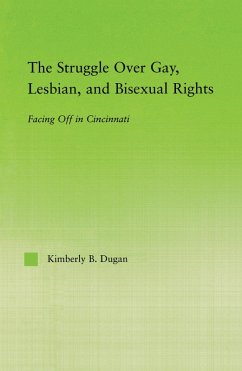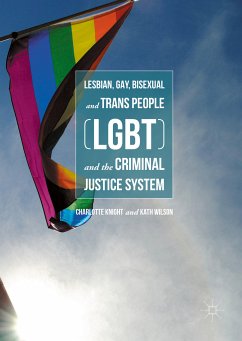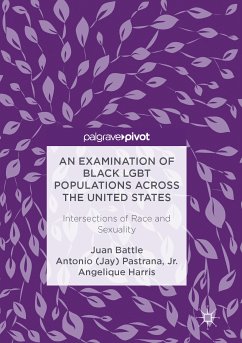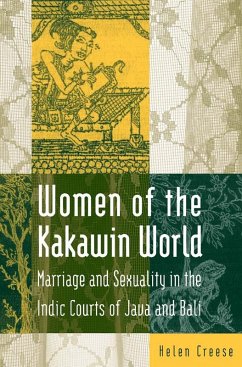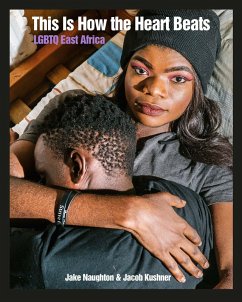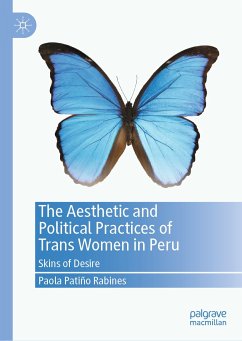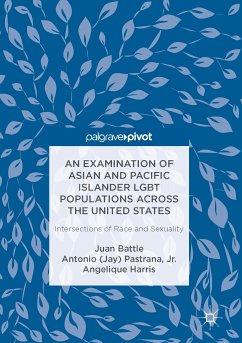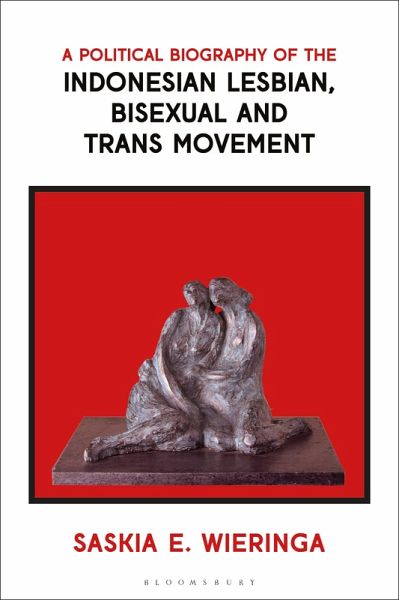
A Political Biography of the Indonesian Lesbian, Bisexual and Trans Movement (eBook, PDF)
Versandkostenfrei!
Sofort per Download lieferbar
24,95 €
inkl. MwSt.
Weitere Ausgaben:

PAYBACK Punkte
12 °P sammeln!
Here, the history of the Indonesian LBT movement is charted, from invisibility, to visibility and now as it moves again into hiding. In the early 1980s, during the oppressive military dictatorship called the New Order in Indonesia, the first organizations of Lesbian, Bisexual and Trans persons were established. They were short-lived, but prepared the ground for a more comprehensive LBT rights movement after the democratic opening of society in 1998. From 2000 to 2015 the visibility of the movement grew, until a vicious state-sponsored backlash set in, driven by majoritarian, fundamentalist Isl...
Here, the history of the Indonesian LBT movement is charted, from invisibility, to visibility and now as it moves again into hiding. In the early 1980s, during the oppressive military dictatorship called the New Order in Indonesia, the first organizations of Lesbian, Bisexual and Trans persons were established. They were short-lived, but prepared the ground for a more comprehensive LBT rights movement after the democratic opening of society in 1998. From 2000 to 2015 the visibility of the movement grew, until a vicious state-sponsored backlash set in, driven by majoritarian, fundamentalist Islamist groups.
Saskia Wieringa tracks the movement's progress and explores the persistence of the butch/femme model of relationships; the proliferations of identities; family violence and conversion therapy; religion; and the anti-LGBT campaign. In its insistence on the local dynamics of this movement, the book aims to debunk the idea that homosexuality is a Western import. Chapters deal with the many religious and secular phenomena that are linked with gender diversity and same-sex relations traditionally, and the erasure of many of these traditions is explained using the concept of postcolonial amnesia. A Political Biography of the Indonesian Lesbian, Bisexual and Trans Movement is also a contribution to the growing literature on decolonization studies, pointing out that its dynamics, its historical course and its present condition, different as they are from the dominant Western view on a global LGBT movement, needs to be considered as valuable as accounts of Western LGBT histories are.
Saskia Wieringa tracks the movement's progress and explores the persistence of the butch/femme model of relationships; the proliferations of identities; family violence and conversion therapy; religion; and the anti-LGBT campaign. In its insistence on the local dynamics of this movement, the book aims to debunk the idea that homosexuality is a Western import. Chapters deal with the many religious and secular phenomena that are linked with gender diversity and same-sex relations traditionally, and the erasure of many of these traditions is explained using the concept of postcolonial amnesia. A Political Biography of the Indonesian Lesbian, Bisexual and Trans Movement is also a contribution to the growing literature on decolonization studies, pointing out that its dynamics, its historical course and its present condition, different as they are from the dominant Western view on a global LGBT movement, needs to be considered as valuable as accounts of Western LGBT histories are.



